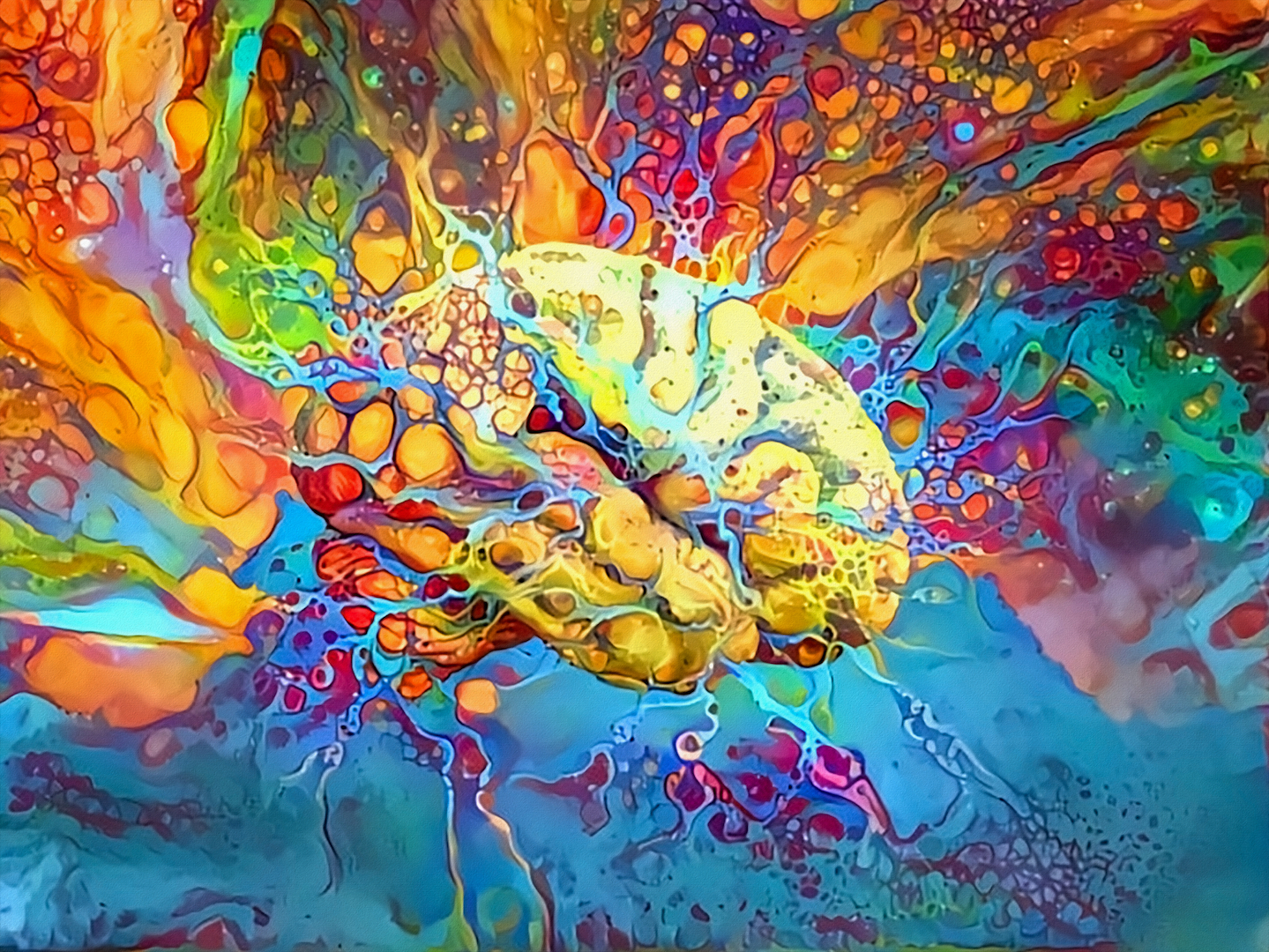By Gabriel García November 3, 2023
Psychedelics are substances that alter perception, mood and thought, and have been used by various cultures throughout history for ritual, religious and therapeutic purposes. However, their use has been stigmatized and banned in much of the world due to their potential for abuse and the risks associated with their consumption.
In recent years, however, there has been a resurgence of scientific interest in psychedelics, driven by advances in neuroscience and psychopharmacology, as well as evidence of their therapeutic benefits in treating various psychiatric conditions, such as depression, anxiety, post-traumatic stress disorder, addictions and existential disorders related to terminal illness.

An example of this renewed interest is the recent study published in the journal Science Daily, which suggests that psychedelic drugs reopen “critical periods” for social learning. As mentioned in the study: “Neuroscientists have long sought ways to reopen “critical periods” in the brain, when mammals are most sensitive to cues from their environment that can influence periods of brain development. Now, researchers say a new study in mice shows that psychedelic drugs are related by their common ability to reopen such critical periods, but differ in the length of the critical period opened: from two days to four weeks with a single dose.”
This study brings a potentially revolutionary perspective to the field of psychedelics alongside other studies suggesting that substances such as psilocybin, the main psychoactive component of magic mushrooms, with that of the antidepressant escitalopram, one of the most prescribed antidepressants today, in patients with moderate to severe depression. The results showed that both treatments were equally effective in reducing depressive symptoms, but that psilocybin had a faster speed of action, a lower incidence of side effects and a greater ability to improve patients’ well-being and life satisfaction.
More and more studies add to others that have demonstrated the efficacy and safety of psychedelics in different clinical contexts, provided they are administered under medical supervision and with adequate psychological support. In addition, these studies have revealed some of the neurobiological mechanisms involved in the effect of psychedelics, such as modulation of the serotonergic system, brain neuroplasticity, deactivation of the default mode of brain functioning, and induction of mystical or transcendent experiences.

However, there is still much to be researched and regulated on the therapeutic use of psychedelics, as well as to educate and sensitize the population about their risks and benefits. For this reason, the book collection Guías del Psiconauta, published by Argonowta, is very useful, offering rigorous, updated and accessible information on different psychedelic substances, such as LSD, ayahuasca or MDMA. These guides are written by experts in the field and contain information on the history, pharmacology, effects, precautions, contraindications and therapeutic applications of each substance.
In short, psychedelics are a very promising field of scientific research and a very powerful therapeutic tool to improve the mental health of many people suffering from disorders that do not respond to conventional treatments. However, their use requires an adequate legal, ethical and clinical framework to guarantee their safety and quality. Likewise, greater dissemination and awareness of these substances is needed to avoid their stigmatization and trivialization.
If you are interested in learning more about psychedelics, their effects, their history, and their therapeutic and spiritual potential, we recommend the Psychonaut’s Guides book collection. These books are an excellent introduction to the world of psychedelics, written by experts and with a rigorous and accessible approach. You can find them on Amazon.
The Psychonaut’s Guides from Argonowta Publishing is a collection of books that explain in a rigorous and accessible way the scientific, historical, cultural and experiential aspects of psychedelic substances. These guides offer updated and contrasted information on the therapeutic and neuroscientific applications of psilocybin, LSD, DMT and MDMA, as well as practical advice on how to prepare, carry out and take advantage of psychedelic experiences. The Psychonaut’s Guides are a must-have reference for anyone interested in learning about the psychedelic renaissance that is transforming mental health and changing lives.





